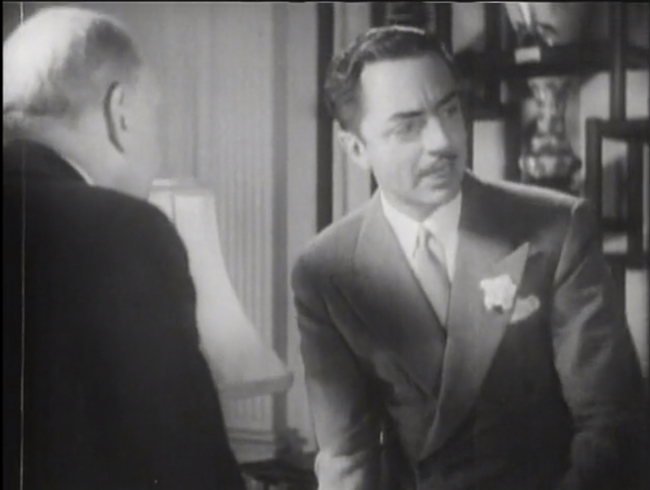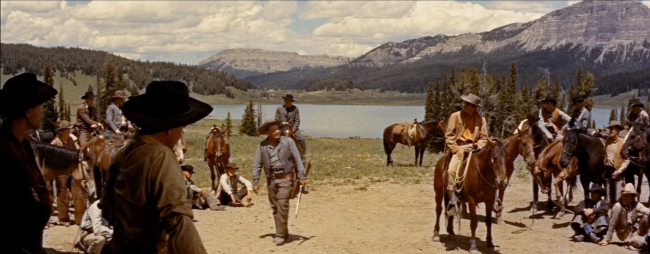
Poor humanity, pitted between the competing, shallow boards of directors called Heaven and Hell. It falls to Aziraphale and Crowley, a reluctantly independent minded angel and demon, respectively, to avert apocalypse in Good Omens, a new-ish Amazon Prime series based on the 1990 novel by Terry Pratchett and Neil Gaiman. The six episode series, while no masterpiece, is entertaining. I like it about exactly as much as I like the novel.
I discovered Neil Gaiman's work in the late 90s. I remember routinely buying collected volumes of Sandman at the mall when it still had a bookstore and sitting down on a bench then and there, reading each cover to cover. These rightly revered comics left me wanting more so I sought out Gaiman's prose works which were at that time limited to Stardust, Neverwhere, and Good Omens.

I liked them but none of them came close to Sandman. My favourite of the three was easily the edition of Stardust illustrated by Charles Vess, though I quite enjoyed Neverwhere, an adaptation of a television series written by Gaiman. I liked Good Omens, too, but as someone who'd seen the Monty Python movies and read Douglas Adams, it seemed like a more modest exercise in the ballpark of those greater works of satire. Though I don't think it's exactly fair to say it is simply that. My exposure to the works of Terry Pratchett is more limited--I've read one other of his novels and listened to an audio play--but I can see why he appeals to a very particular niche. He's about 60% tongue-in-cheek and 40% sincerity and you need to have a particular taste in order for those two elements not to cancel each other out. Sometimes it works for me and I can see Pratchett was a really clever author but his style was never as satisfying for me as it is for many other readers.

The new television series very much has that Pratchett tone but it's more fascinating for what an anachronism it is. This kind of humour based on religion felt so brilliant and transgressive in the 80s and 90s. Now as I watch it I find myself hoping viewers will care and suspecting many will just feel impatient. It used to be you could rely on the charming rogue to be the fan favourite but now in this world where young people seem to strongly prefer Luke over Han, I suspect everyone will much prefer Aziraphale to Crowley and many will be frustrated by the very idea that a Good Person would have a chummy relationship with a Bad Person. I do hope such viewers find their perspective shifted maybe just a little. Certainly Michael Sheen and David Tennant are well cast and have great chemistry. Tennant's particularly good, particularly in moments where he shows subtle emotional wounds when Aziraphale finally threatens to break off their secret alliance.

For myself, I don't find the best bits of Good Omens' satire quite as enduring as Life of Brian's. When Crowley remarks at the beginning, when Adam and Eve are expelled from the Garden of Eden, that it's a bit harsh, I remembered being amused at the gentle tone used to show up a significant flaw in the basic worldview of western religion. But now, after a few years studying Milton, it's not nearly as exciting as Satan in Paradise Lost:
One fatal tree there stands, of knowledge called,
Forbidden them to taste: Knowledge forbidden
Suspicious, reasonless. Why should their Lord
Envy them that? Can it be sin to know?
Can it be death? And do they only stand
By ignorance? Is that their happy state,
The proof of their obedience and their faith?
This is so much better because it engages with the idea of forbidden knowledge and the reader is compelled to weigh the value of such a policy. The gentle nudge of humour in Good Omens suggests it's funny because it's outdated and silly while Satan's question in Paradise Lost remains terribly relevant. But, of course, it's not fair, really, to complain, "Good Omens isn't as good as Paradise Lost!" though maybe it's worth saying since there is a substantial push to see the classics as irrelevant and worthless.

The supporting cast on the series is wonderful except for Frances McDormand as God, the narrator. She might have been fine if she'd put on a British accent--so many of the casually absurd phrases she drops go down like lead with an American accent. Michael McKean, fresh from his brilliant role on Better Call Saul, puts on a Scottish accent as Witchfinder Sergeant Shadwell and even though the accent isn't perfect he's still great in the role. He and Miranda Richardson are wonderfully sweet and funny.

Jack Whitehall and Adria Arjona are also very sweet and funny, Arjona in particular striking some pleasantly surprising notes with her dialogue. I do kind of wish the show's sex scene had been more convincing.

I loved Crowley berating his plants and expressing love for his car. The music from Queen was well deployed in the soundtrack. I really liked how the wardrobe for people from heaven wasn't limited to white and included powder blue shirts and caramel coloured shoes. Good Omens is available on Amazon Prime.





















































